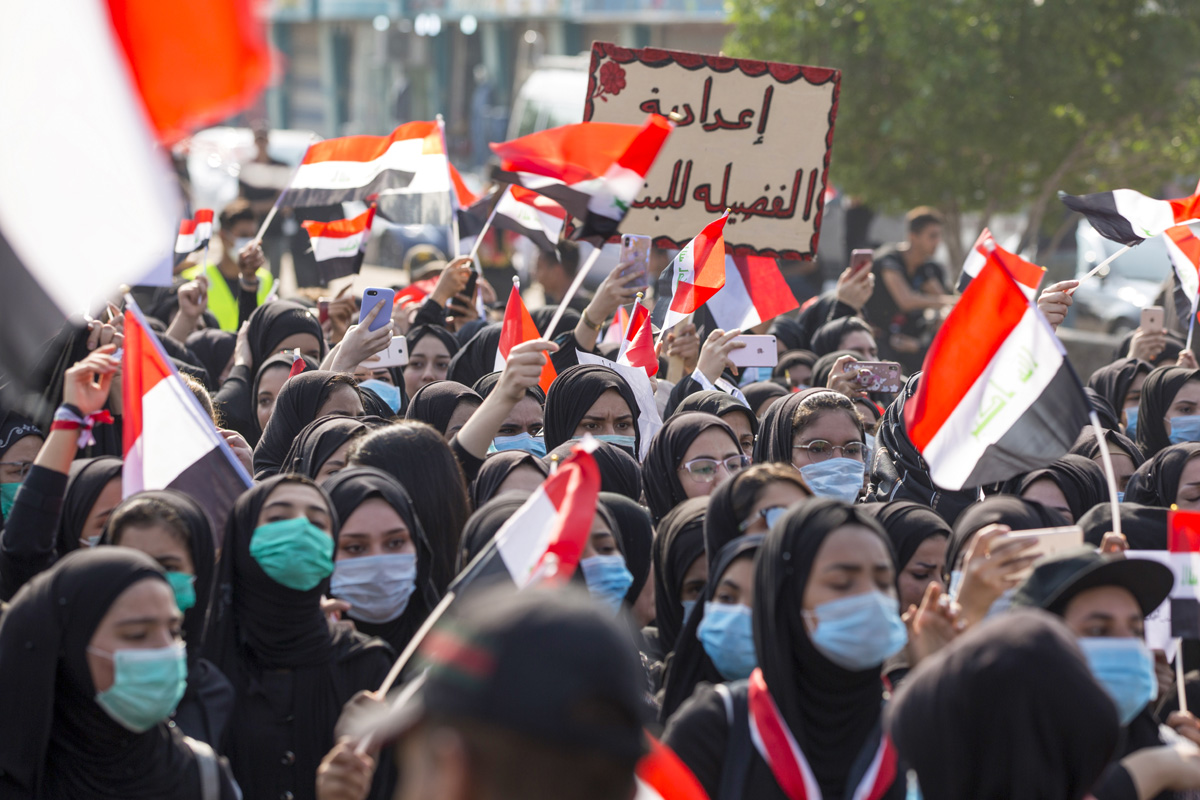Iraq is in crisis, most particularly after the massacre last Thursday of 50 anti-government protesters in the holy city of Najaf. After the latest security crackdown, the embattled government in Baghdad is now teetering towards the brink with Friday’s resignation of the Prime Minister, Adel Abdul Mahdi, who palpably has succumbed to the pressure that was ratcheted up both by the clerics and the protesters. As it turns out, both segments, crucial as they are in a theocratic nation, have had their way against the establishment.
Both groups are clamouring for the fall of the government and an end to rampant corruption. Having played on the backfoot initially, the government now has its back to the wall. The extent of disaffection can be gauged from visuals of Iraqis carrying coffins of anti-government demonstrators who have perished in a deadly crackdown. The clerics have buttressed their influence despite a democratically elected facade.
Advertisement
The Prime Minister’s resignation follows a six-week popular uprising aimed at the heart of Iraq’s establishment, which allegedly has stopped serving the people in the central and southern parts of the country. While a vast swathe of Iraq has thus been impoverished, the rulers are said to have used the oil revenues to enrich themselves. In office for just over a year, the veteran politician had vowed to stay on in the face of an uprising, which has led to almost 400 deaths since it broke out on 1 October.
Up to 200,000 people had taken part in the demonstrations, led by a largely disenfranchised working class and joined by sections of the middle classes. However, an unusually strident demand from Grand Ayatollah Ali al-Sistani that Iraq’s legislature must consider Abdul Mahdi’s position apparently sealed the prospects of the Prime Minister. Sistani, who intervenes in politics only in times of crisis, wields considerable influence over public opinion. The resignation has followed the cleric’s warning against an explosion of civil strife and tyranny.
In an appeal that was addressed both to the government and the protesters, he urged security forces to stop killing demonstrators and told the latter to abjure violence. It might be premature to aver that the cleric has effected a deft balance; the outlook is as grim as it is uncertain. The intensity of the protests had assumed a revolutionary zeal to the extent that the military was struggling to contain the upheaval even as it deployed overwhelming force against unarmed demonstrators.
Indeed, the future of post-Saddam Hussein Iraq is now open to question. As crisis piled on crisis, matters were brought to a head with the burning by protesters of the Iranian consulate in Najaf. The mood of the people has been succinctly summed up by the Iraqis with the query ~ “How is it that we are one of the richest countries and our people are broke? How is it that we still don’t have access to water though we have two major rivers?”









